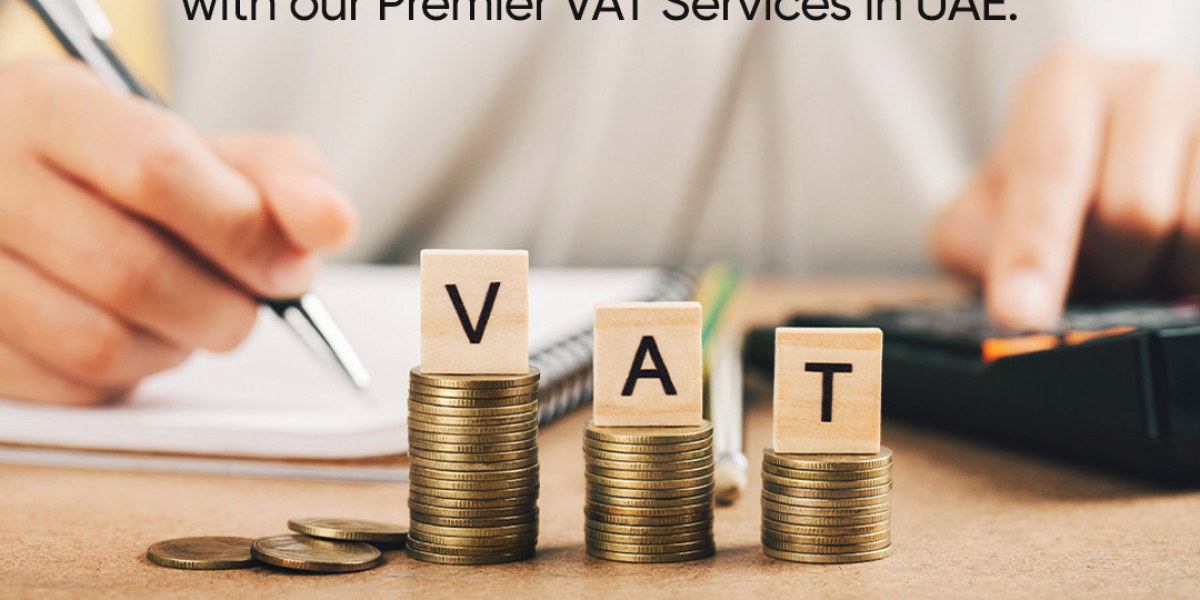In today’s globalized economy, the demand for Halal products has expanded far beyond Muslim-majority countries. Consumers worldwide are paying close attention to how their food, cosmetics, pharmaceuticals, and other products are sourced, produced, and processed. For businesses operating in Pakistan—a country with a predominantly Muslim population and a thriving export industry—Halal Certification is not just about religious compliance. It’s about trust, quality, and access to lucrative local and international markets.
As industries evolve and consumer awareness grows, Halal Certification in Pakistan has become a vital component for food manufacturers, exporters, and businesses in pharmaceuticals and personal care sectors. Whether targeting the domestic Muslim market or aiming to export to Halal-sensitive regions like the Middle East, Southeast Asia, or even Europe and North America, obtaining proper certification is key to gaining credibility and expanding your business footprint.
Halal Certification in Pakistan: What It Means and Why It’s Essential
Halal Certification in Pakistan is an official endorsement that a product or service complies with Islamic dietary laws as prescribed by the Qur'an and Hadith. In Pakistan, this certification is typically issued by authorized bodies such as the Pakistan Halal Authority (PHA) or third-party certification organizations recognized by the government and international Halal bodies. This certification ensures that products are free from any forbidden (haram) ingredients, such as pork, alcohol, or non-compliant animal derivatives, and that they are processed, stored, and transported in ways that align with Islamic principles.
For Pakistani businesses, Halal certification provides several advantages:
Consumer confidence: Especially important in the domestic market where religious concerns are significant.
Export opportunities: Many countries require Halal-certified products for entry.
Brand credibility: Being Halal-certified enhances your image as a compliant, quality-driven, and ethical business.
Compliance: Helps meet regulatory requirements set by local and international trade bodies.
In essence, Halal certification opens doors—both at home and abroad—for businesses that want to align themselves with religious ethics and global quality standards.
Understanding the Concept of Halal and Tayyib
In Islam, "Halal" refers to what is permissible, while "Haram" means forbidden. However, Halal certification often goes beyond just the ingredients. The concept of Tayyib, meaning pure, wholesome, and safe, is equally important. This implies that Halal-certified products must not only be lawful but also hygienic, safe for consumption, and manufactured under ethical conditions.
For businesses in Pakistan, incorporating both Halal and Tayyib standards in their operations isn’t just a religious duty—it’s a smart move that enhances product quality, ensures consumer satisfaction, and builds long-term trust.
Who Needs Halal Certification in Pakistan?
Halal certification is not limited to food businesses. In fact, a wide variety of industries in Pakistan are now seeking this important endorsement, including:
Food and beverage producers
Meat and poultry exporters
Pharmaceutical companies
Cosmetics and personal care brands
Packaging and logistics firms dealing with Halal products
If your product or service is used by Muslim consumers or interacts with Halal items, certification is crucial to show compliance and build confidence. Pakistani businesses looking to expand globally—particularly to countries with Halal import regulations—are strongly advised to obtain certification to meet customs and religious compliance requirements.
The Halal Certification Process in Pakistan
Getting Halal Certification in Pakistan involves a structured and transparent process, typically guided by local authorities like the Pakistan Halal Authority (PHA) or approved certifying agencies. Here's a step-by-step breakdown:
1. Application Submission
Businesses must apply to a Halal certification body, providing detailed information about their products, ingredients, manufacturing processes, and supply chain.
2. Documentation Review
The certifying authority reviews the ingredients, production methods, and supplier sources to ensure there are no Haram elements.
3. Factory Inspection
A site audit is conducted to verify cleanliness, separation of Halal and Haram products, and overall compliance with Halal standards.
4. Lab Testing (if needed)
Some products, especially pharmaceuticals and processed foods, may undergo lab testing for traces of alcohol, pork derivatives, or cross-contamination.
5. Certification Issuance
If all requirements are met, the certification body issues a Halal Certificate that is typically valid for one year.
6. Ongoing Surveillance
Periodic inspections and renewals ensure continued compliance.
The Role of the Pakistan Halal Authority (PHA)
The Pakistan Halal Authority (PHA) is the government’s official regulatory body established under the Ministry of Science and Technology. Its primary role is to develop Halal standards, monitor compliance, and promote Halal-certified products locally and globally. PHA also works with international Halal certification bodies to ensure mutual recognition and trust in certification.
With increasing government focus on Halal exports and product standardization, the PHA plays a critical role in helping Pakistani businesses align with global Halal standards and access new markets.
Benefits of Halal Certification for Exporters in Pakistan
For exporters, Halal Certification in Pakistan serves as a gateway to international Halal markets. Countries like the UAE, Saudi Arabia, Malaysia, Indonesia, and even non-Muslim-majority nations like the UK and France have a growing demand for Halal products. Certification from an internationally recognized body ensures your products are accepted in these regions without legal or ethical complications.
Key benefits include:
Access to new markets with strict Halal regulations
Increased shelf space in Halal retail stores and supermarkets
Improved reputation and brand loyalty among Muslim consumers
Faster customs clearance due to compliance with import requirements
Common Misconceptions About Halal Certification
Despite its importance, many Pakistani business owners have misconceptions about Halal certification. Some believe it's expensive, unnecessary, or only for meat products. The reality is quite different.
Cost-effective: Certification costs are often outweighed by the increase in market share and consumer trust.
Applicable to more than food: Cosmetics, pharmaceuticals, and even packaging industries can benefit from certification.
Not just for exports: Local consumers in Pakistan are increasingly demanding Halal-certified goods to ensure authenticity and quality.
Halal Certification in Pakistan: A Strategic Business Move
In today’s fast-changing economic landscape, having Halal Certification in Pakistan is not just about religious compliance; it’s a strategic advantage. Businesses that embrace Halal practices are likely to see increased demand, better brand loyalty, and broader access to both local and international customers.
As the global Halal economy is projected to exceed $3 trillion, Pakistani manufacturers, suppliers, and exporters have a golden opportunity to position themselves as credible, ethical, and globally competitive players. But to seize this opportunity, investing in proper Halal certification is non-negotiable.
Conclusion
In a market that values authenticity, quality, and transparency, Halal Certification in Pakistan has emerged as a cornerstone of responsible and future-ready business practices. Whether you operate in the food industry, healthcare, beauty, or logistics, having a Halal seal gives your brand a competitive edge and opens doors to global opportunities.
More than just a certificate, Halal compliance is a commitment to purity, ethics, and consumer trust. For Pakistani businesses looking to expand their reach, build a loyal customer base, and meet global expectations, Halal certification is not just an option—it’s a necessity.
Now is the time to take that step toward becoming a certified Halal brand and build a future rooted in integrity, compliance, and sustainable growth.
✅ SEO Summary
Primary Keyword: Halal Certification in Pakistan
Secondary Keywords: Pakistan Halal Authority, Halal certification process, Halal export Pakistan, Halal food standards, Halal industry in Pakistan
Search Intent Targeted: Informational, Navigational, and Transactional






